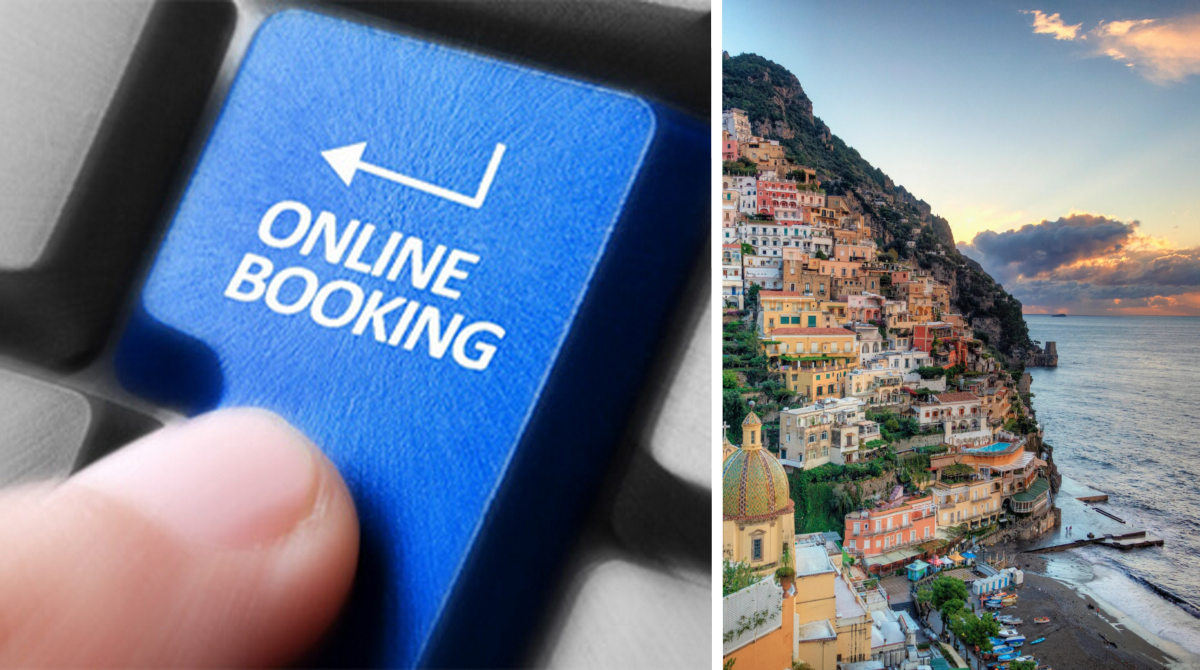The Italian authorities will create a “black database” – a database of owners who carry out illegal tourist activities. First of all, the popular tourist country will hit the online booking of individual housing by tourists – apartments and rooms. The latter, according to Italian officials, create unequal competition for hotels, and some – create a threat to vacationers.
The 2022 tourist season in Italy was successful, as the expectations of ministries and other authorities have already exceeded those of the previous year 2021. However, the lack of guidelines for online tourism has become a major problem. During the meeting with the organization, the online booking services agreed to comply with the measures taken by the ministry regarding the system of the short-term rental sector.
“By October, we will have a database of non-hotel accommodation options. This will be the main tool against their illegal work. Currently, accommodation providers who do not have a good reputation are unfairly competing with those who have a good reputation,” explained Italian Tourism Minister Massimo Garavaglia.
He also noted that the problem cannot be solved by random solutions and that the country needs certain rules to be established at the national level. During the meeting, Garavalla recalled that the ministry promotes and supports the agenda approved by the Aid Decree, in which the government is invited to work with the regions to determine the measures that will be taken throughout the country.
Before the covid pandemic hit the world, Italy’s tourism sector accounted for 13% of the country’s GDP, or almost €240 billion, and employed 15% of the workforce, adding €44 billion to Italy’s trade balance, and production amounting to 190 billion euros. The pandemic in this sector has resulted in consequences comparable to a military situation, as the national GDP decreased by 8.8% in 2020 and tourism by 40%.
Italy, like other European countries, has faced an increase in energy prices, and in this connection, according to the government, it is necessary to take immediate measures to reduce the consequences of costs. “Energy has reached levels that threaten the results of companies. I hope that a Council of Ministers will be convened this week, able to take quick decisions. For these reasons, the preferred solution would be a tax credit for tourism, spa business, and public catering, calculated to increase expenses from September 2021 to September 2022,” Garavaglia said.
In addition, Germany is also introducing some serious measures to save energy in the country. In particular, starting from September, public buildings and architectural monuments will no longer be illuminated at night. The same restriction will apply to billboards. In public areas, water is only allowed to be heated to +19°C, while hot water for washing hands will be turned off. In addition, private gas-heated pools will also remain cold. Read more in the article “Energy crisis: what to expect for tourists traveling to Germany this fall.”

